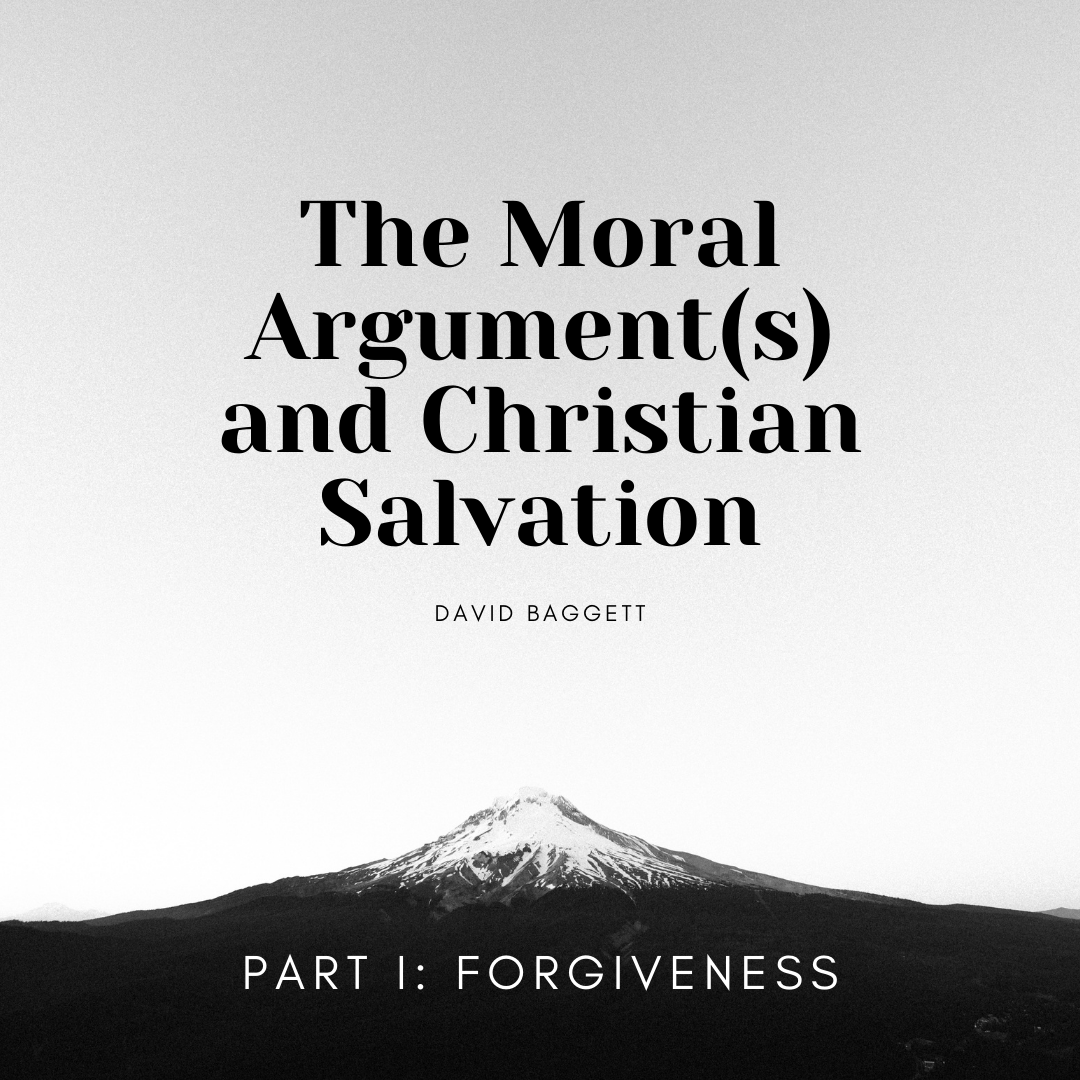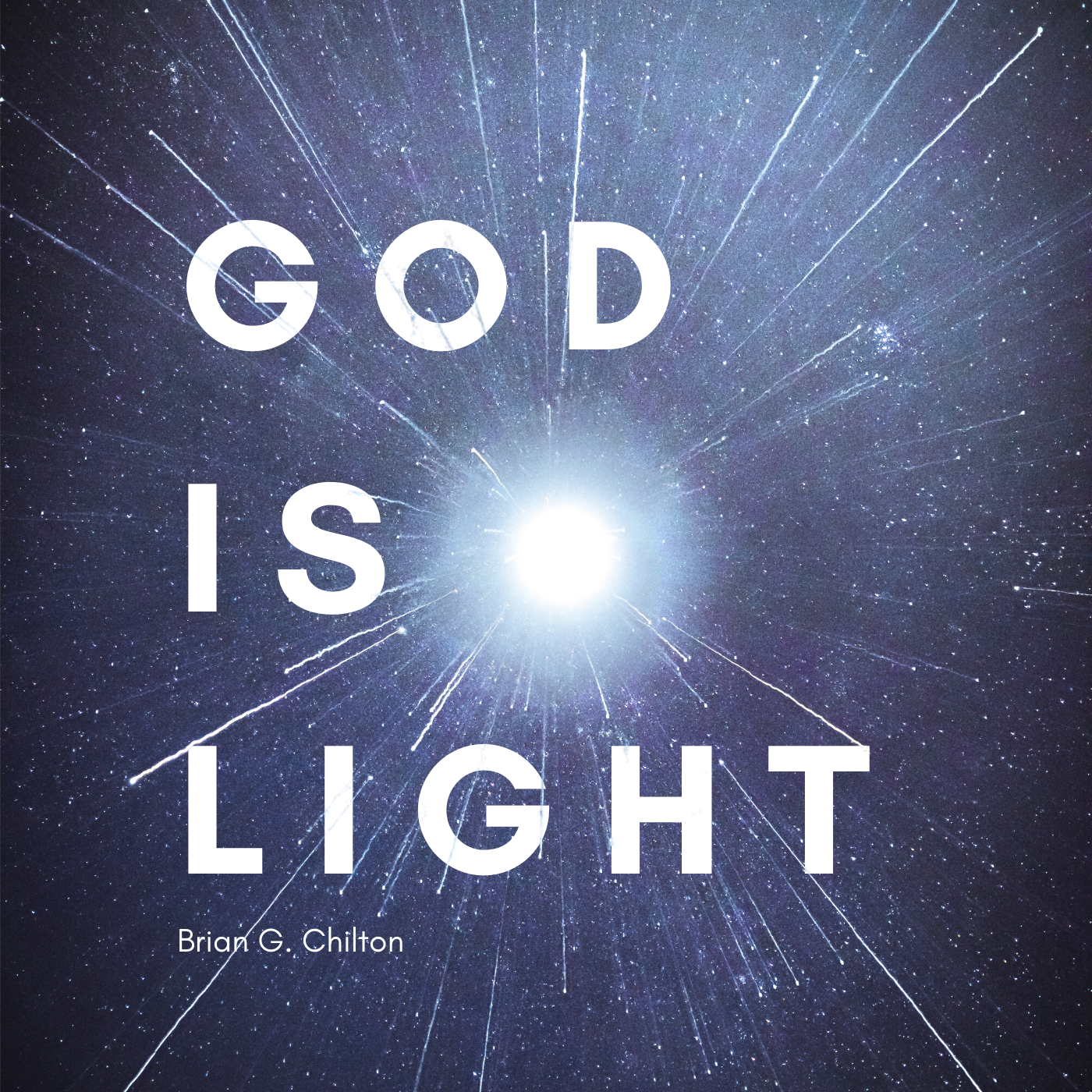Here recently, emotions come on me like an Imperial Star Destroyer out of lightspeed. I’m good one minute, and the next I need to sit down and deal with the lump in my throat. No warning, no spinning thoughts, no sleepless nights, no nothing. Boom. The Empire is there to destroy me.
Until COVID hit, everything seemed to be going swimmingly. Job was going alright, the kids are growing, my wife still likes me. From a stage-of-life standpoint, I had challenges that I needed to face, but those challenges gave me hope and energy.
Then, well, COVID.
I’m an introvert, so spending days upon days by myself is what I like to call pretty neat-o. I teach English, so I basically read and write for a living. I love teaching, but I’m usually pretty exhausted by the end of a class or two. And I’m even one of those very annoying people who got even more accomplished without the constant distractions and, well, people. During COVID, I got stuff done. Good stuff. Stuff I deeply believe that God wanted me to do and was pleased with me for.
So, why was I miserable?
Well, as I write this, I have no idea. I’m a rather positive person, so being miserable is new. I’m not one to sing “Everything is Awesome” wherever I go, but I might hum it under my breath. I can usually see an opening, a light. In my world, things are rarely ever hopeless.
As my emotional pit deepened, I tried everything to understand and deal with the incredibly strong, powerful emotions I was feeling: I took walks, I sat on my deck, I worked, I hung with family, I tried to control them with schedules I came up with, I presented them with my over-the-top expectations for their behavior, I did it all. . .
I still felt miserable.
When I was growing up, there was a very common song that we sang, with this lyric: “Every day with Jesus is sweeter than the day before.” Without offering any commentary on the song, I will say that, here recently, this has certainly NOT been my experience. Some days with Jesus are better, but some days aren’t. I was taught that the promise of salvation and the hope of eternity was enough for any rough day I might encounter. But here I was, during a time of tremendous grief and stress (worldwide grief and stress, mind you) being crippled emotionally. Seriously, I should have been doing great, but every day seemed tougher than the day before. And I believe Jesus was with me on this.
So, I went to the elders at my church (I’m one of them), and I told them how I was feeling and that I needed professional counseling. I wouldn’t say they knew it was coming, but none of them seemed surprised, either. They’d seen me, over the previous handful of years, survive a couple strokes and then talk about the changes that ensued: my job, my marriage, the kids, the works. To this point, I had done whatever I thought was wise so I could heal. We bring everything to our meeting: confessions of sin, frustrations over jobs, parenting challenges, even finances. Nothing, really, is off the table.
They listened and prayed that God would help me in this.
Then, just like my quick-appearing emotions, it came to me. The miracle where Jesus healed the man with the withered hand. The Gospels of Matthew, Mark, and Luke each has an account of this particular miracle. Jesus was at the synagogue on the Sabbath. Jesus asks the man to show everyone his hand. I asked myself: everyone knew about this guy’s hand, right? He’d been seen at the synagogue, probably more than once. This guy probably wasn’t there by accident, and I’m guessing he was a regular fixture there. The context is clear, too: Jesus asked the man to show his withered hand so that everyone could see what he was about to do.
Yet, I wonder: was there a small part of that bit of theater meant for the man? To be sure, the rest of the scene deals with the reactions of the religious folks and the crowd. But Jesus ignores all of them to make that request. I imagine Jesus looking at the man, and everyone else kind of disappearing for that moment: “stretch out your hand.” Did the man do it immediately? Did his hand shake? Did he have a queasy nervousness before he did it?
This man had lived his life with this withered hand, and I’m sure he’d lived his life around it, too. There wasn’t a blue-collar/white collar divide. He couldn’t pick up a desk job because he couldn’t work a manual labor trade. Everything was a manual labor trade, and he had to get on with life if he was ever going to live. He had to cope. Nothing was going to change.
I think, in some way, Jesus was showing that this man was going to be healed, but he also required the man to show his withered hand to show everyone else that he needed healing. He wasn’t ok. The man’s life was as bent as his hand, and he needed to look at it again, so Jesus could do something about it. Too often, I live my life that way: working around and over the places in my life where I must simply face the fact that I need healing.
Being overly optimistic while ignoring the difficulties of a particular situation is a guide for living a half-life or no life at all. In his book Good to Great, Jim Collins interviews Admiral Jim Stockdale, where they discuss Stockdale’s torture while he lived as a POW in the concentration camp dubbed “The Hanoi Hilton” in Vietnam. During the interview, Stockdale described the personal discipline it took to survive such a brutal—and long lasting—lifestyle. His description for what it takes to succeed has taken on the name “The Stockdale Paradox”: “You must never confuse the faith that you will prevail in the end—which you can never afford to lose—with the discipline to confront the most brutal facts of your current reality.”
It’s strange to say it, but I believe one key weakness that I’ve been living around is that I’m too positive. I haven’t looked at the difficulty in my life, as easy as my life seems to be, in comparison to, say, Jim Stockdale’s torture. That’s why I’m not making that comparison. I’m actually comparing myself to the men who, according to Stockdale, didn’t make it.
I’ve been looking at everything in the world, due to COVID (sickness, death, anger, financial ruin, frustration, arrogance, all of it), and I find myself quickly imagining how things would be when all of this is over. That, friends, is deadly. In fact, Stockdale claims that the people who died quickest in the Hanoi Hilton were the ones who were the most optimistic—they imagined getting out by Christmas, then by Easter, July 4, and so on. According to Admiral Stockdale, they died of a broken heart.
But my approach to my own pain, is not just a symptom of humanity, it’s very much a symptom of the brand of Christianity I find myself in, the brand of Christianity that is quick to paper over pain and hardship in favor of a “God is in control!” statement or a “He’s coming back soon” encouragement or even an “I see God working” prophecy. In his book Recapturing the Wonder, Mike Cosper describes this brand of the Christian life: “Many pastors and writers paint a picture of the Christian life that is much more akin to a Thomas Kinkaid painting: everything bathed in amber light, flowers blooming even in the snow, everything peaceful and picturesque.”
In contrast to that picture, Jesus demands to see what’s broken or hurting or not working anymore. As my wife says, “you have to reveal it before you can heal it.”
But Jesus himself, at different times in his life, asked for evidence of the pain that people around him suffered. He knew about that pain, so it must have been for the benefit of the person who needed to be delivered. Of course, even as he asks to see the withered parts of our lives, Jesus personifies the reality that we will prevail.



































































